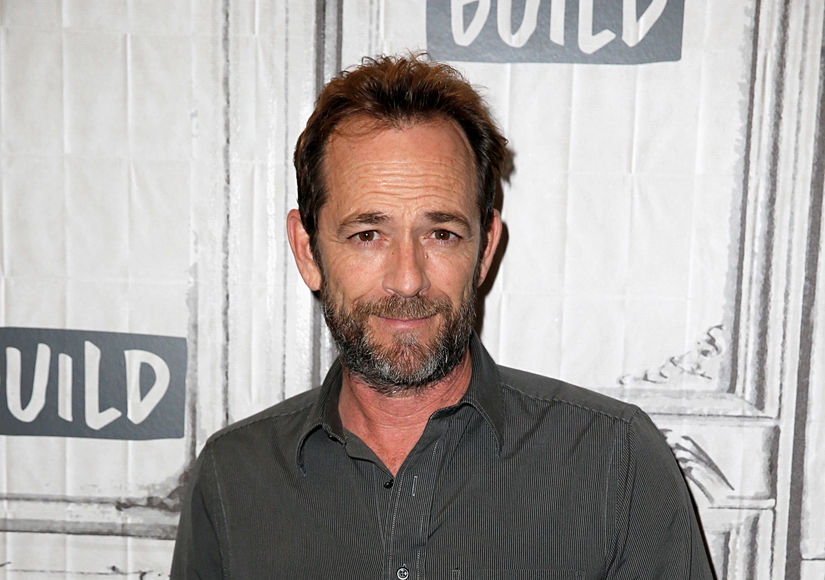Michael J. Pollard, the character actor most famous for his Oscar-nominated performance in 1967’s “Bonnie and Clyde,” has died at 80. THR reports that Pollard died of cardiac arrest at Ronald Reagan UCLA Medica Center on Wednesday.
Alison Martino of Vintage Los Angeles remembered him in a Facebook post, writing, “He was quite a character without knowing it. He walked EVERYWHERE and never repeated his stories because he had so many. The only thing he repeated was his love for Turner Classic Movies. And you could never call him after 7:30 because he’d be watching Jeopardy. We would have lunch at the La Brea Bakery and I would just sit and listen to his encounters with Marilyn Monroe, Warren Beatty, Janis Joplin, Oliver Reed, Sharon Tate, Robert Redford, and his accounts from his remarkable career in countless memorable TV shows and movies.”
Born on May 30, 1939, in Passaic, New Jersey, Pollard studied at the Actors Studio in the ’50s, making his TV debut on a 1958 episode of “Omnibus.” He was memorable on episodic TV in the ’60s, including on “Alfred Hitchcock Presents” (1959), “The Many Loves of Dobie Gillis” (1959), “The Andy Griffith Show” (1962), “Route 66” (1963), “The Lucy Show” (1964), “Gunsmoke” (1964), “Lost in Space” (1966), and as the creepy leader of a children’s cult in a classic episode of “Star Trek” (1966). In 1989, he delighted fans of the superhero genre as Mr. Mxyzptlk on two episodes of “Superboy.”
On Broadway, he was in 1959’s “Loss of Roses” with Warren Beatty, with whom he would later work in “Bonnie and Clyde” and in the Beatty-directed “Dick Tracy” (1990). His other notable Broadway work was originating Hugo Peabody (a non-singing role) in the original production of “Bye Bye Birdie” (1960).
Pollard’s film work was diverse, with his offbeat look and delivery the common denominators. Before “Bonnie and Clyde” invigorated his career, he starred in the Disney film “Summer Magic” (1963) and had a hilarious uncredited part in “The Russians Are Coming! The Russians Are Coming!” (1966) as an airplane mechanic with a runny nose.
In “Bonnie and Clyde,” Pollard’s dim-witted character, C.W. Moss, was inspired by real-life Barrow Gang members W.D. Jones and Henry Methvin. In a 2015 interview for Vintage Los Angeles, the scene-stealing Pollard admitted that even though his character is Hollywood’s most famous getaway driver, “I don’t know how to drive.” He also said he had studied Bob Dylan’s voice on the album “Blonde on Blonde” to get a credible Midwest accent.
His other film work includes “Hannibal Brooks” (1969), “Little Fauss and Big Halsy” (1970), “Dirty Little Billy” (1972), “Melvin and Howard” (1980), “Roxanne” (1987), “Scrooged” (1988), “Sleepaway Camp III: Teenage Wasteland” (1989), and one of his best remembered late-career films, Rob Zombie’s 2003 horror flick “House of 1,000 Corpses.” According to IMDb, his final film is entitled “The Next Cassavates,” and is in the post-production phase.
So intense was Pollard’s cult status that artist Peter Max immortalized his face in a psychedelic poster. A very young Michael J. Fox added the initial “J.” to his name as a tribute to Pollard — and to appease a SAG rule, since there was already another Michael Fox in its ranks.
Pollard’s two marriages — including one to the late “Alice” actress Beth Howland — ended in divorce. He is survived by two adult children, Holly and Axel.

